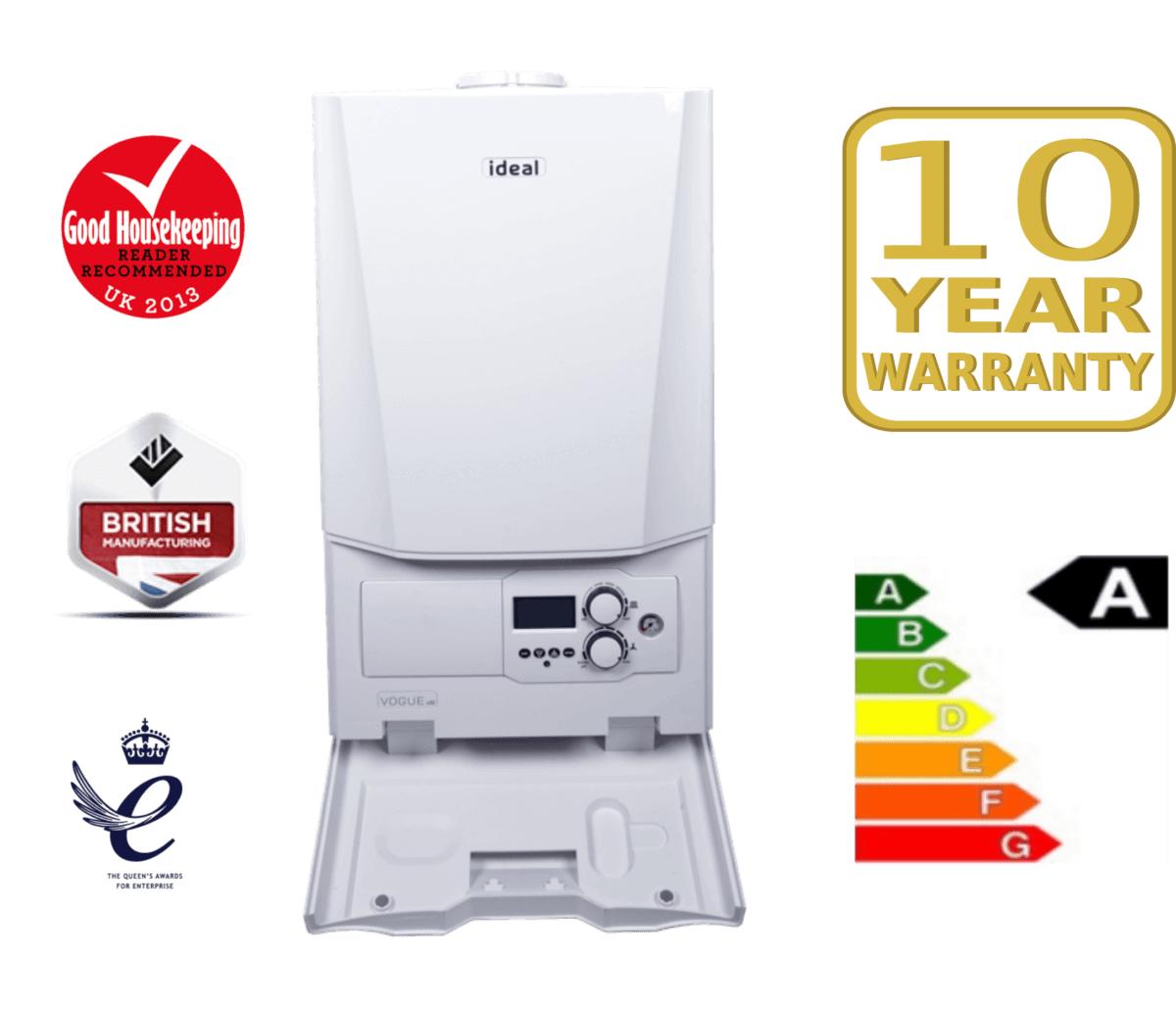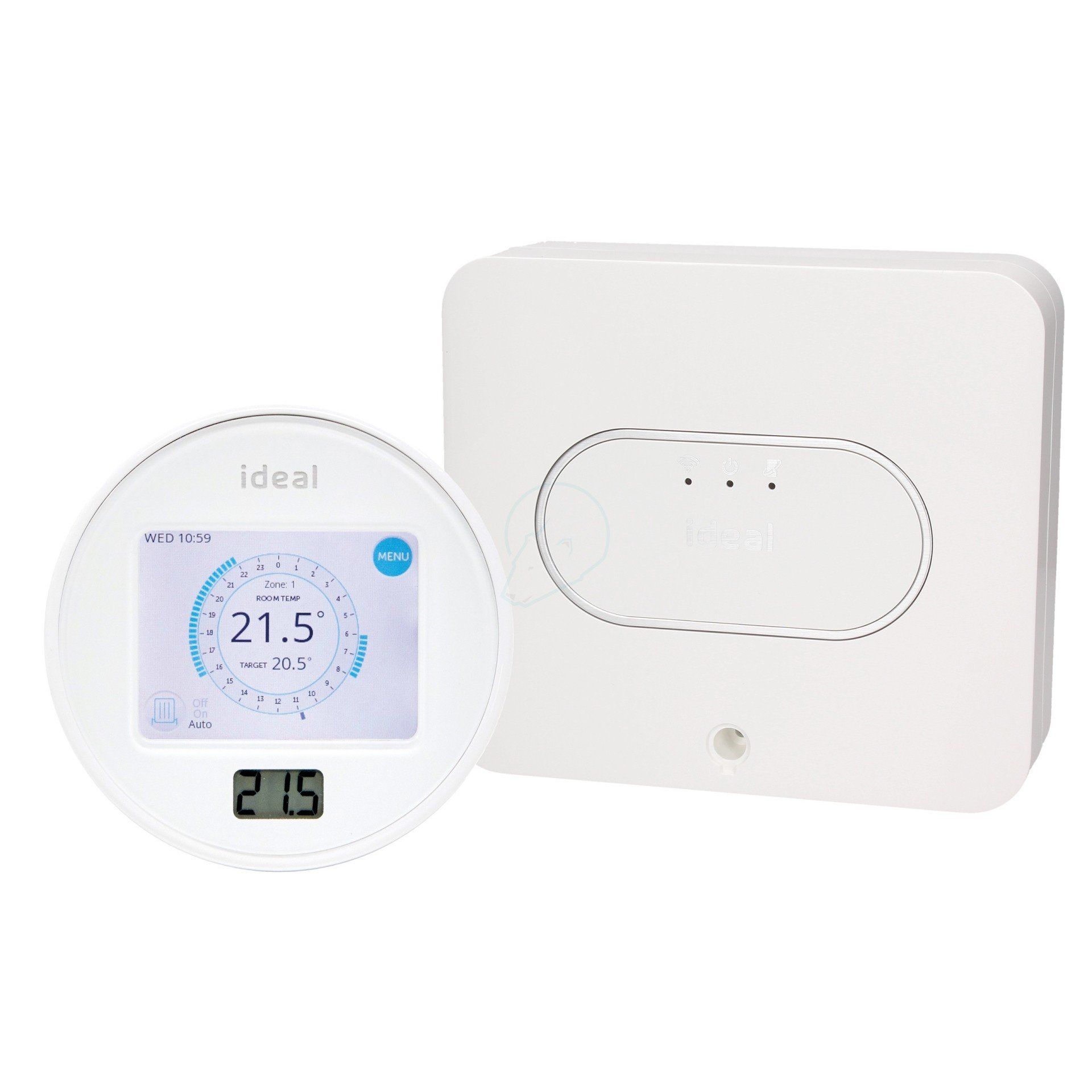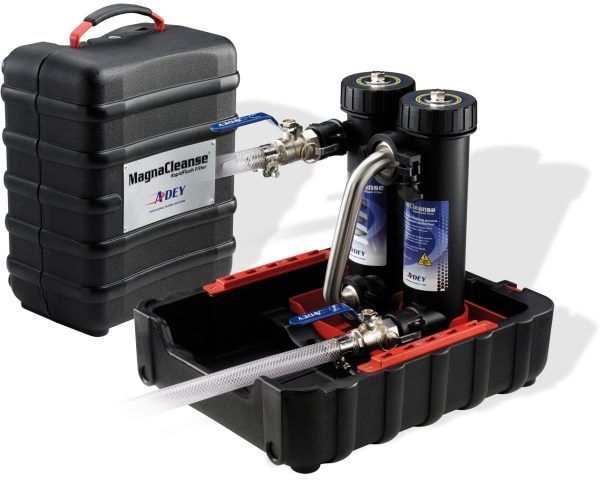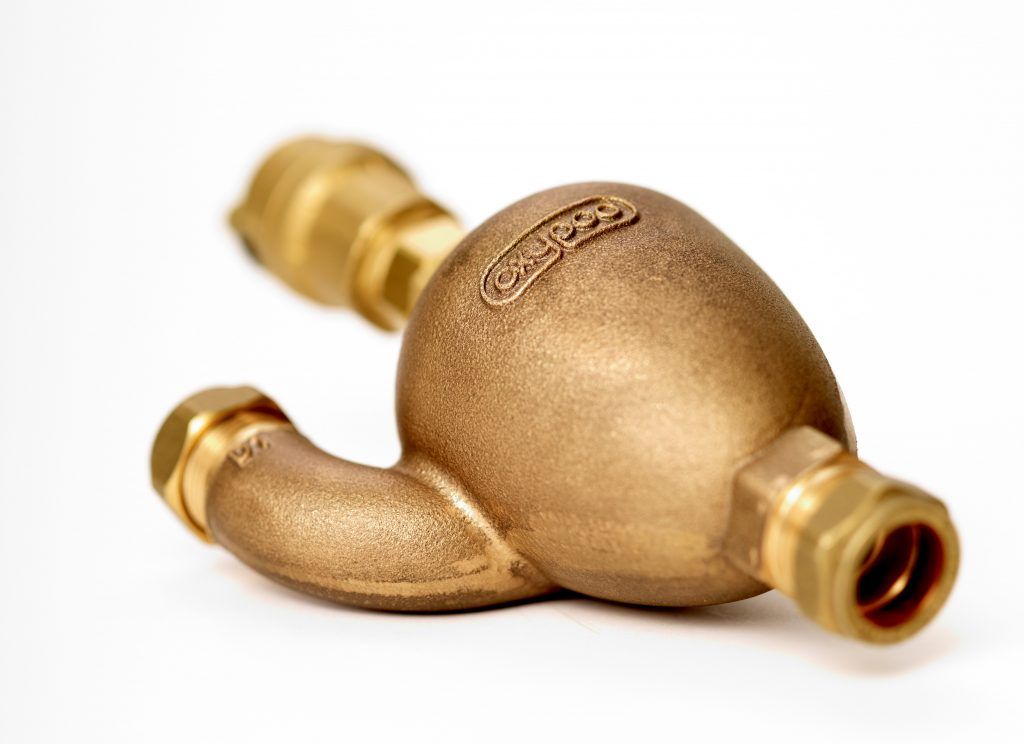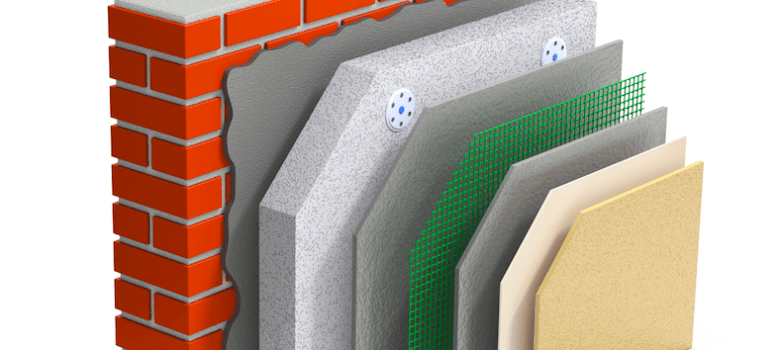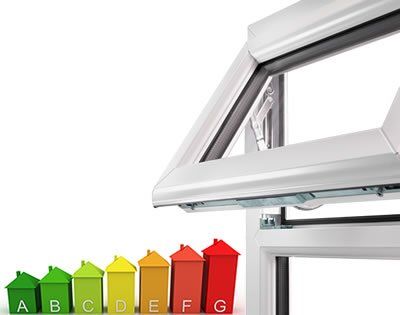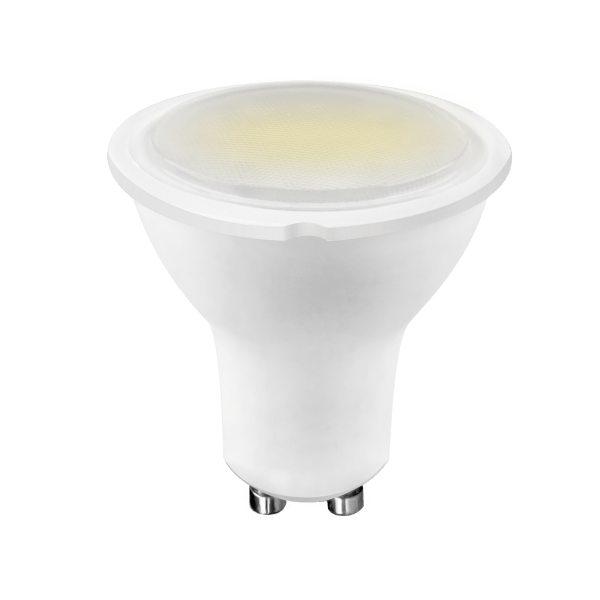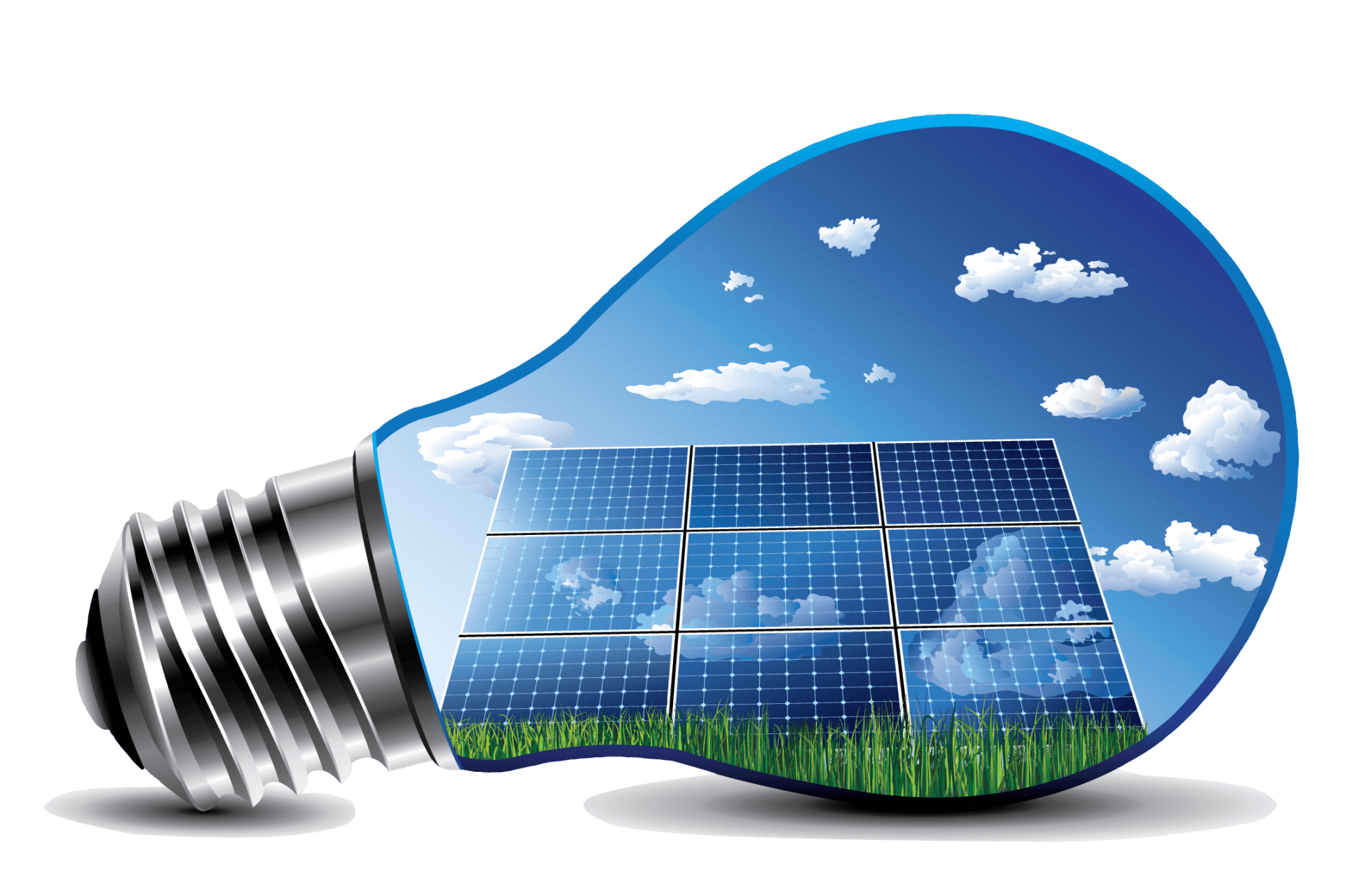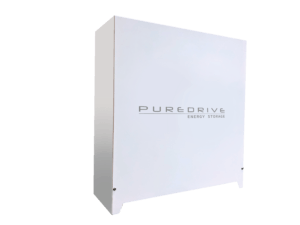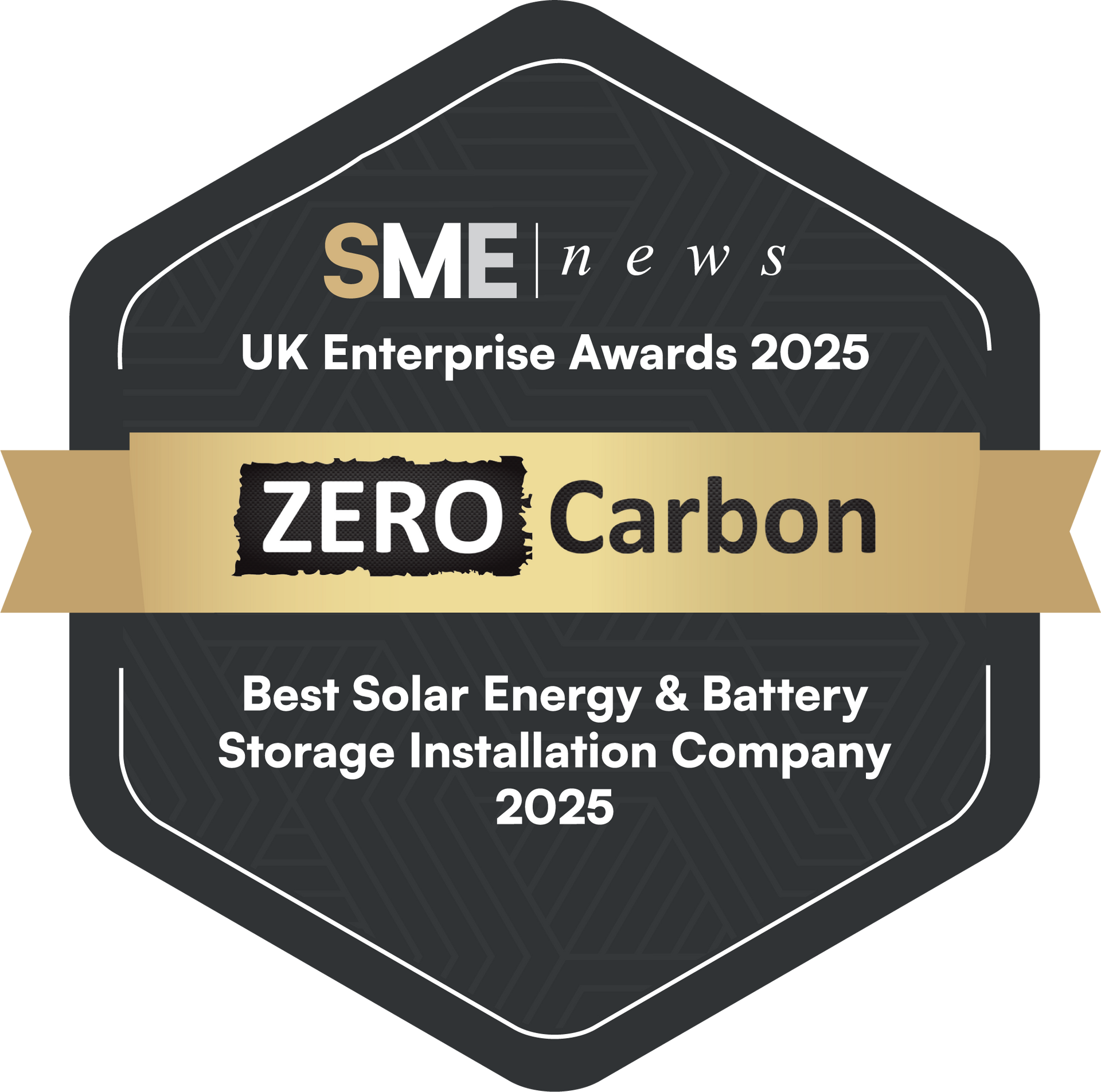Oxypod™
The Oxypod™ is an innovative device that can be attached to any central heating system. Without being too technical it works through natural phenomena and removes all oxygen and nitrogen particles from the water that travels through your central heating system. This product has won multiple awards including Chartered Institute of Building International Innovation and Research Award, Chartered Institute of Building Services Engineers Manufacturers Award, and the Rushlight Energy Reduction Award. This was tested by the National Physics Laboratory, and the University of Hull which indicated by trialling the product over a number of properties the average reduction in energy consumption was 24.03%. It was noted that the systems heated faster, there was better heat retention. The product extends the life of the boiler, pipework, pumps, radiators, which reduces the need for maintenance, reduces Co₂ emissions, and saves you money. This product is a preventative and will stop any build up of magnetite’s within your system from the day it is fitted. With a 40-year life expectancy, an impressive 15 years guarantee, and no moving parts, every property should have an Oxypod™ fitted.


